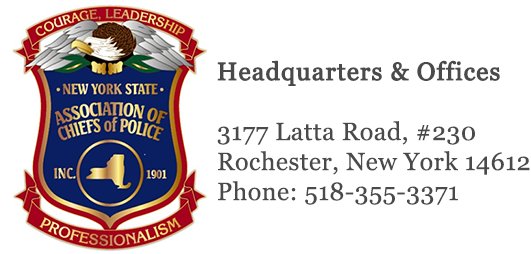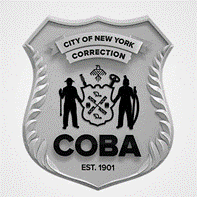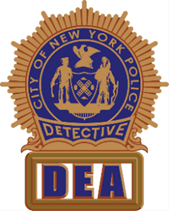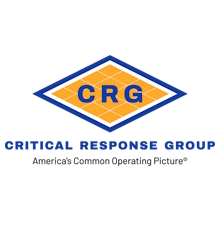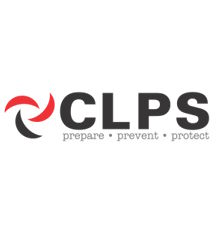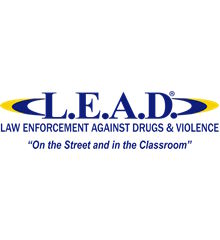- Home
- About
- Members
- Publications
- Chief's Chronicle
- Legislative Center
- Press Releases
- Sheriffs/Chiefs Budget Letter
- Press Release - Memorandum of Opposition
- Open Letter to the Governor June 11th 2020
- New York State Association of Chiefs of Police Statement - the Resignation of Rochester Police Chief La'Ron Singletary
- NYSACOP Letter Addressing Thanksgiving Day Gatherings Enforcement
- A Letter from NYSACOP - Commentary on Law Enforcement Involvement on Gathering Limits during Thanksgiving
- Statement on Ithaca Police Reform Panel Member Richard Rivera
- Mid-Hudson Chiefs of Police Association Press Release on Marijuana Legalization Meeting
- NYSACOP Response to Anti-Defamation League Statement
- Content and Advertising Deadlines for NYSACOP Publications
- Traffic
- Traffic Safety Committee Minutes
- Notable Traffic Safety News
- Training Opportunities
- Drug Recognition Expert (DRE) Training
- DWI Detection and Standardized Field Sobriety Testing Refresher Course
- DWI Detection and Standardized Field Sobriety Testing - Instructor Refresher Course
- Recognizing the Cannabis Impaired Motorist
- Breath Analysis Operator Course
- Breath Analysis Instructor Course
- DWI Detection and Standardized Field Sobriety Testing Instructor Course
- Crash Management Course Training Series Spring 2026
- Crash Management Course Training Series Fall 2025
- Commercial Vehicle Enforcement Training
- Documents and Information
- Traffic Safety Committee Members
- Resource Center
- Partnership Program
|
June 5, 2020 MEMORANDUM OF OPPOSITION New York State is in crisis. For the past week, we have witnessed a level of civil unrest — too often accompanied by violence and destruction — that our state has not seen in a generation. As law enforcement professionals, we share the universal desire for healing and positive change. At this time, however, the first priority of government must be to restore peace and stability. No rational policy discussion can take place against a backdrop of burning police vehicles and looted store fronts. We understand that some will leverage the current turmoil to push for passage of legislation and the adoption of policies that reflect only one perspective. This approach to lawmaking is inconsistent with democratic values and results in policies that are neither fair nor reasonable, and we believe will result in unintended outcomes and severe and lasting damage to the public interest, particularly to the safety of all New Yorkers. Flawed Process: The Senate and Assembly majorities are rumored to be negotiating a list of bills that would directly affect law enforcement - its thousands of members, the people we serve, and public safety, and yet they have not engaged nor sought input from us. While we and other law enforcement organizations may have opposed some of the bills now being considered for passage next week, others we have not had the opportunity to review and provide our concerns and our expertise. In either case, the majorities are rushing legislation through their process, during a pandemic and while law enforcement is focused on protecting people and property, knowing that we and the public are not able to provide meaningful input. This is reminiscent of the legislative process in 2019 that resulted in passage of significant changes to the bail and discovery statutes. Those amendments were infamously drafted with little to no input or discussion with law enforcement and district attorneys and were included in the State budget. The resulting public outrage regarding the circumstances in which these amendments were enacted and the impact of these changes upon the public and public safety forced the Legislature and Governor Cuomo to significantly amend the law earlier this year - after only being in effect for three months. The Senate and Assembly majorities can avoid a similar outcome if they will engage in an open and deliberative process where all of the parties impacted by the bills under consideration have a voice and their positions and concerns can be heard and addressed. Attack on Law Enforcement. We are further concerned that the intent behind the purported legislative agenda appears to be to destroy the morale of law enforcement, to subvert our rights and standing in the community, and to expose us to increased risk. Law enforcement officers are first and foremost like other New Yorkers: we have a job which enables us to provide for our families; we reflect the people in our communities and the neighborhoods we patrol; and we are proud to serve and to come home to our families at the end of the day. We are different, however, in that we are asked to do the difficult job of enforcing our laws – the laws that you, the Legislature, pass – and putting ourselves in harms’ way to keep our fellow New Yorkers safe. Law enforcement officers in New York State are already held to a higher standard of conduct and scrutiny — and rightfully so. But the current package of bills pushes beyond that elevated standard into a disturbing new realm: a second class of citizenship for members of law enforcement, one that does not include rights and protections afforded to other public servants, or even some of the basic rights that we defend on the public’s behalf every single day. Beyond any specific policy changes, the overall impact of this legislative effort is to foster a view of law enforcement officers as alien agents of hostile power, whose authority can be disregarded or actively opposed at will. The consequences of this viewpoint are not abstract: we currently have several law enforcement officers laying in hospital beds because of it. §50-A. The Legislature’s answer to these violent attacks on law enforcement officers should not be removing protections that keep us and the public safe, and to compromise rights that exist for others. For instance, we understand the majorities intend to quickly repeal or reform Civil Rights Law §50-A. That statute provides a statutory framework that has been in effect for more than 40 years to balance the safety and privacy interests of law enforcement officers with the public’s interest in transparency. Under §50‐A, law enforcement officers’ personnel records are kept confidential, but after all interested parties have had the opportunity to be heard, a judge may order the release of the records upon a finding that they are relevant and material to the requesting party. Opponents of these protections favor release of all complaints, even those that have not been fully investigated and substantiated and where the law enforcement officer has not had a chance to be heard. These types of claims are not reliable or fair indicators of an officer’s conduct, and would not be used to impugn any other person. The release of such records, however, would expose the accused officer to serious safety concerns as well as unavoidable and irreparable harm to reputation and livelihood. Indeed, complaints of misconduct that have not been substantiated are kept confidential for public employees in New York state generally, including teachers and elected officials, as well as all State-licensed professionals. The majorities seemingly wish to establish a set of diminished rights for law enforcement officers, compared to the rights for everyone else. For these reasons, we urge the Senate and the Assembly to establish an open and deliberative process in which all of the parties impacted by the bills being considered for next week can participate and provide their perspectives, concerns and expertise. Any process short of that modest threshold will result in legislation that is ill-conceived, unfair, and destined to diminish public safety and the public’s confidence in the legislative process.
Sincerely, Police Benevolent Association of the City of New York New York State Association of PBAs The Police Conference of New York, Inc. Detectives’ Endowment Association, Inc. Police Benevolent Association of New York State Corrections Officers’ Benevolent Association, Inc. New York State Sheriffs' Association New York State Association of Chiefs of Police
|
